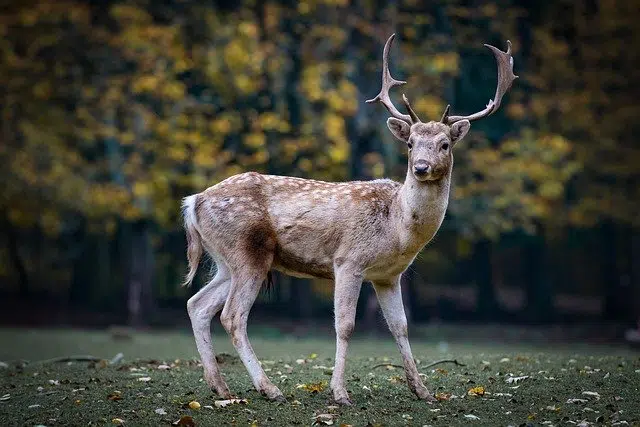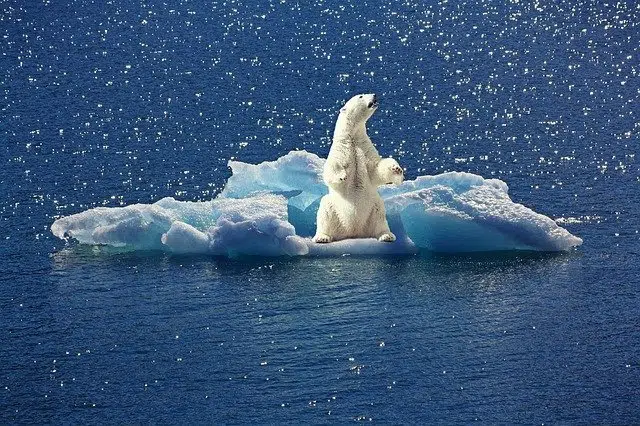
The group of animals in a region is called fauna.
From the Latin Fauna (goddess of fertility), the group of animals in a geographical region is called fauna . The species typical of a geological period or a specific ecosystem form this group, whose survival and development depends on biotic and abiotic factors.
Changes in habitat can affect the life of fauna. In the most drastic cases, these changes can even lead to the extinction of a species. A native or autochthonous species is known as one that appears in a region as a result of a natural phenomenon, without human intervention.
A foreign or exotic species is a non-native species that was introduced into an ecosystem by man , either accidentally or deliberately. On the other hand, invasive species are those that managed to establish themselves in a new region, where they generate changes in the composition of the environment.
fauna division
Fauna can be divided into wild fauna (it does not need man for its food and development) and domestic fauna (species subject to the domination of man). Specialists also talk about fauna in the process of domestication, with those wild animals that, raised by man, lose their wild characteristics.
Beyond their different characteristics, all animals are part of the fauna. Dogs, horses, cows, mice, lions, cats, elephants and giraffes, for example, are species that make up this group. In another sense, fauna is called the group of people that is characterized by a common behavior : "The juvenile fauna of the people gathered at the beer festival .

Global warming threatens the life of fauna.
Animals facing climate change
In recent decades, the effects of experimentation and the passage of human beings on earth have caused severe problems in ecosystems , to the point that not only have many microclimates changed, but also various species of flora and fauna have disappeared. fauna.
Although climate change does not receive the attention it should and its risks are absolutely decisive for the balance of the planet , its consequences on life corrupt every corner, causing terrible situations for the survival of many species.
When modifying the habitat of a place, those animals that reside there have two options: adapt to the changes or perish . In many cases species cannot adapt and that is why they try to emigrate , but many are incapable of seeking a better life and disappear from the face of the earth forever .
Effects of these alterations on fauna
The problems that climate change brings are many and the consequences on fauna are also diverse . The melting of glaciers and the melting of the poles are increasingly reducing the places where those species prepared to live in cold climates can survive as long as the low temperatures in other areas, before warm climates, prevent the subsistence of unaccustomed species. to the cold. In turn, marine species suffer due to the increase in water temperature and ocean acidification; many species disappear, putting the survival of their predators at risk.
The fundamental problems that favor change are erosion, the greenhouse effect , deforestation , the high level of pollution, global warming and bring many animals to the brink of extinction.
The speed with which changes occur is also a determinant for the extinction of species , since if these occur at accelerated pace, the fauna has no possibility of genetically transmitting certain changes that favor its ability to adapt to new environments. .
As far as birds are concerned, their distribution will be clearly affected and their migratory behavior will vary significantly as they will not be able to travel in search of food to previously warm and now hostile lands and all this will lead them to extinction .
